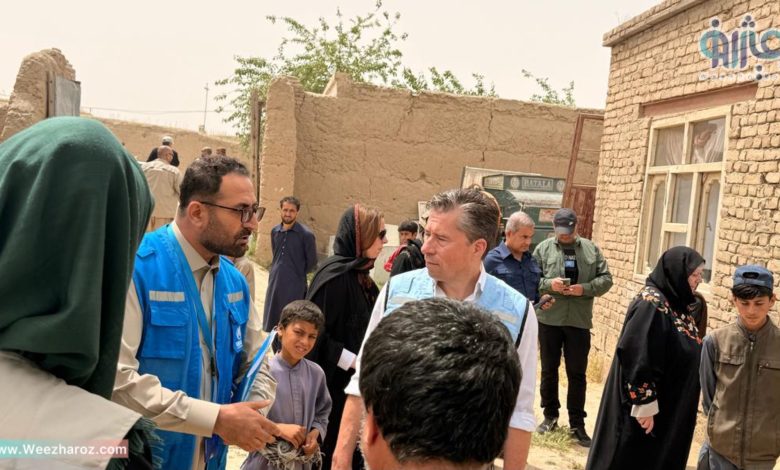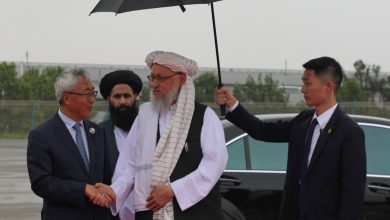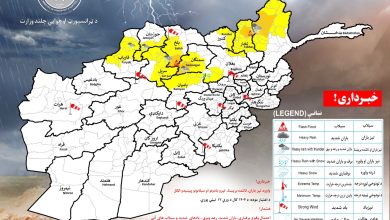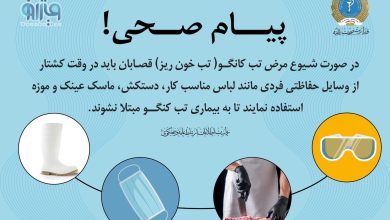Reaction of the Ministry for the Propagation of Virtue to UNAMA’s Critical Report: Reaffirming Sharia Sovereignty and Rejecting “Baseless” Allegations
Kabul-Afghanistan’s Ministry for the Propagation of Virtue and Prevention of Vice has issued an official statement in response to a recent report by the United Nations Assistance Mission in Afghanistan (UNAMA), calling the allegations "baseless, biased, and disconnected from the realities of Afghan Islamic society."

Weezharoz-In its report, UNAMA claimed that officials of the Ministry have: Prevented women from accessing healthcare services if unaccompanied by a male guardian (mahram); Instructed transportation companies to refuse service to unaccompanied women; Shut down women-owned businesses and restricted their entry to government offices; Banned women from employment and public movement due to lack of hijab; And conducted door-to-door inspections to close beauty salons.
The Ministry rejected these claims as deliberate distortions of Islamic law and a form of disrespect toward the values of Afghanistan’s Islamic society.
According to the Ministry’s spokesperson, hijab is a religious obligation that reflects the dignity, honor, and social status of Muslim women.
“Those who interpret hijab as a limitation either do not understand women’s dignity or do not respect the beliefs of a Muslim nation,” the statement said.
The Ministry also clarified that requiring a mahram for long-distance travel is not a restriction but a divine directive aimed at ensuring women’s safety, support, and psychological well-being.
Furthermore, the Ministry described UNAMA’s claim about women being barred from healthcare as “false propaganda” and noted that over the past four years, the Ministry has provided significant facilities to improve women’s access to healthcare in accordance with Islamic principles.
The Ministry emphasized that “no foreign entity has the authority to interpret our Sharia-based laws through its own lens” and insisted that its operations are grounded in legal frameworks derived from Islamic jurisprudence.
In conclusion, the Ministry called on UNAMA to respect the cultural and religious values of its host society and to act within the limits of its mandate.
Could this growing tension affect the future relationship between international bodies and Afghanistan’s domestic institutions?
weezharoz




